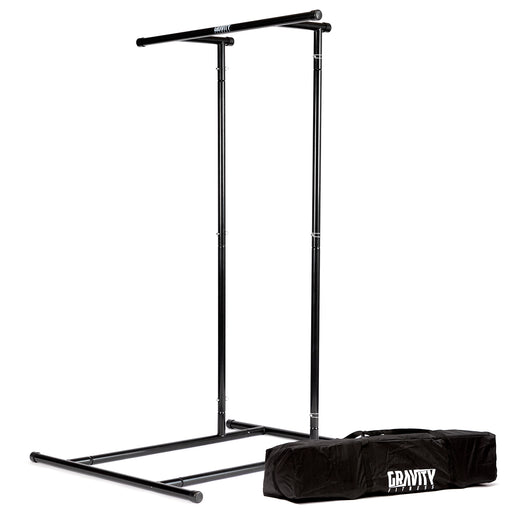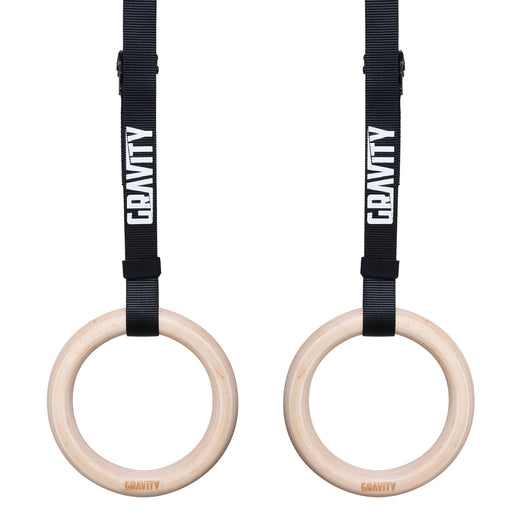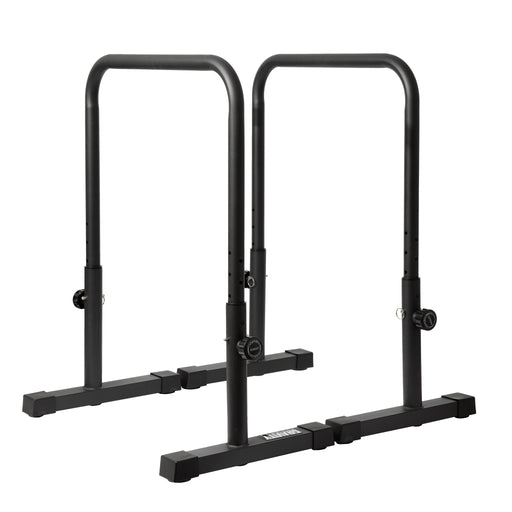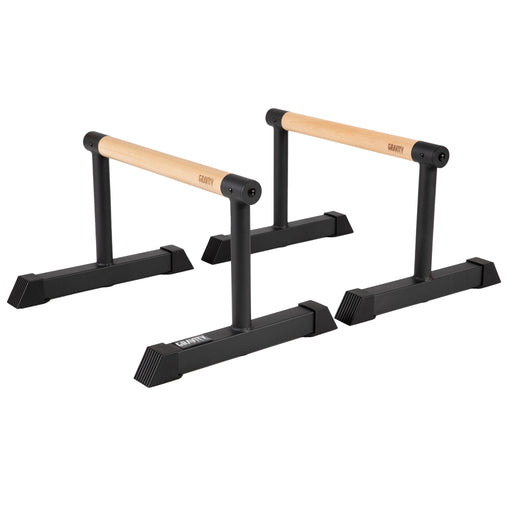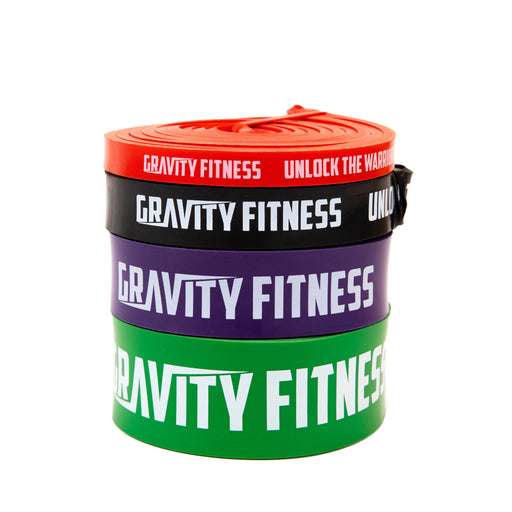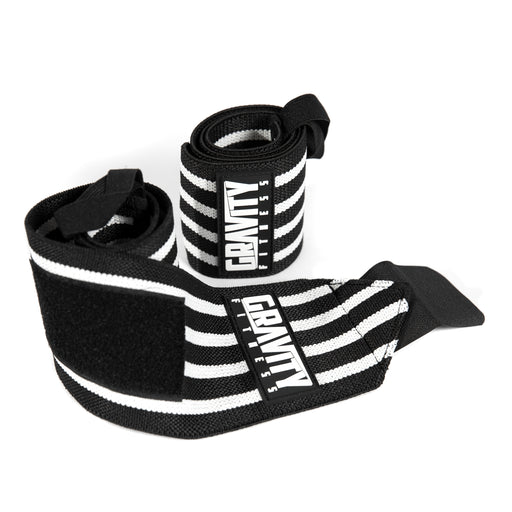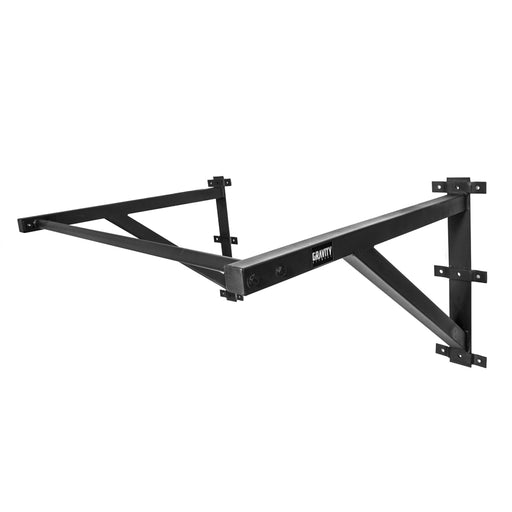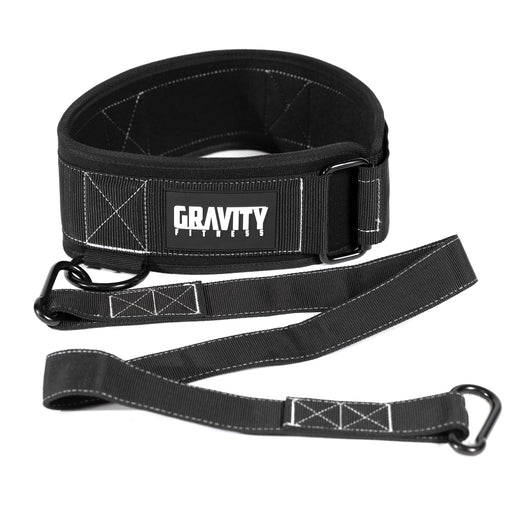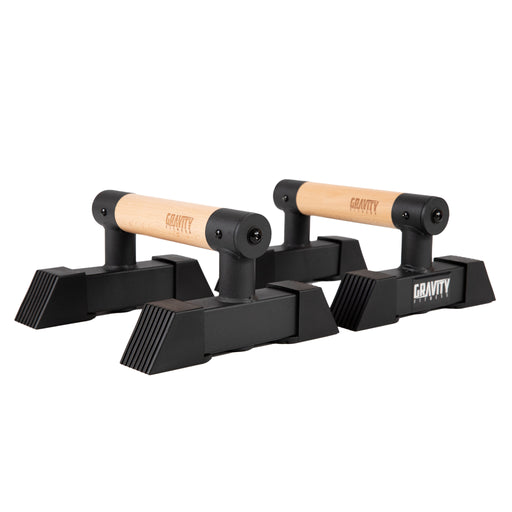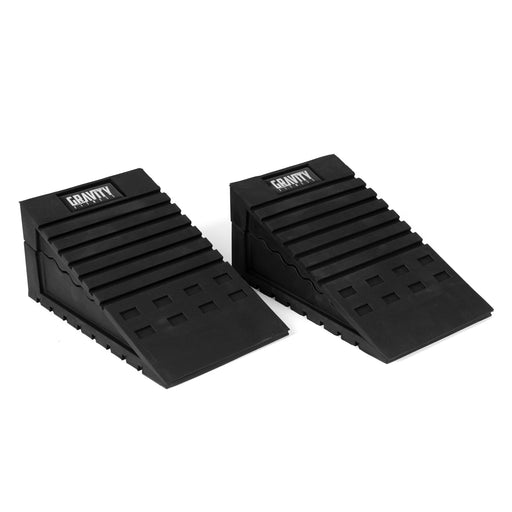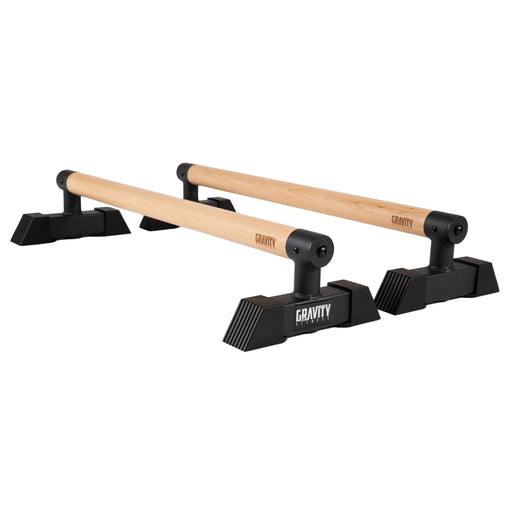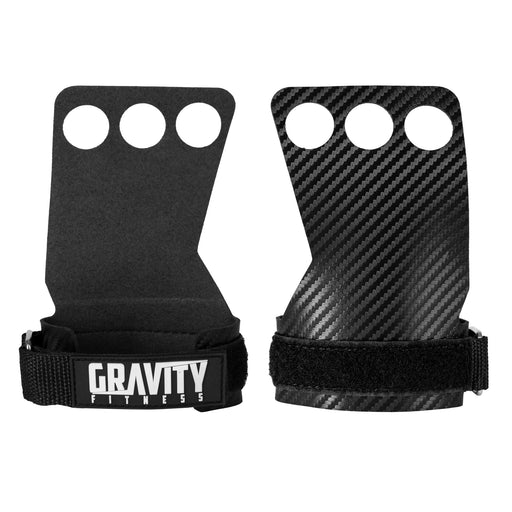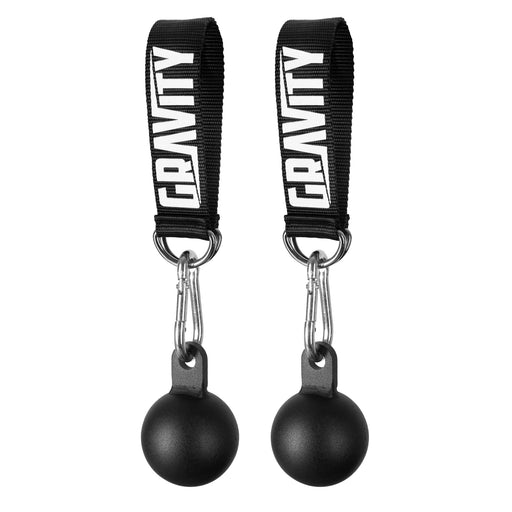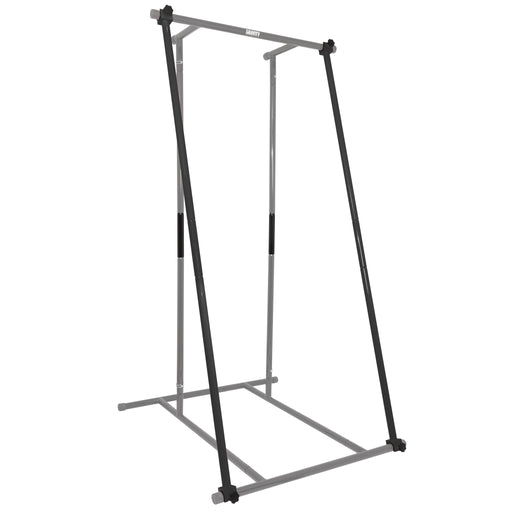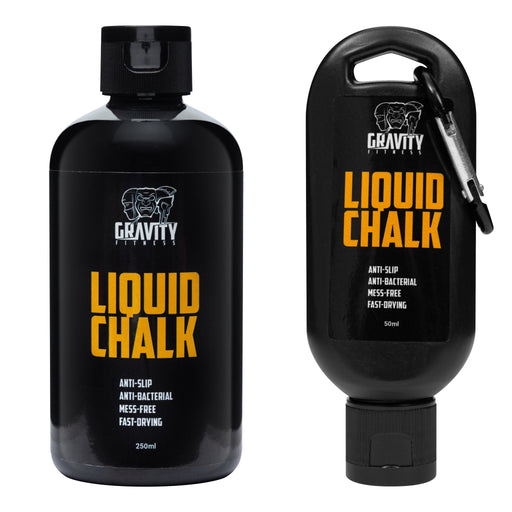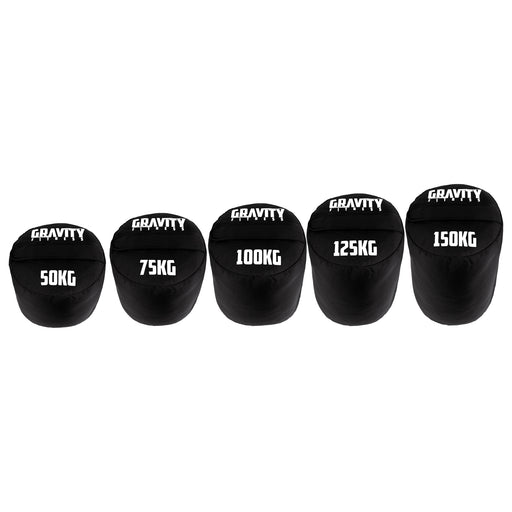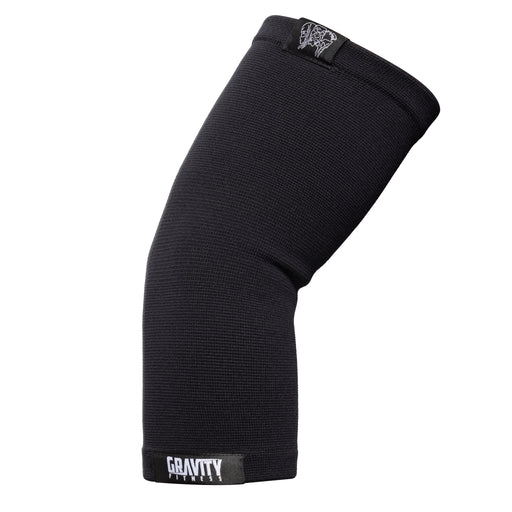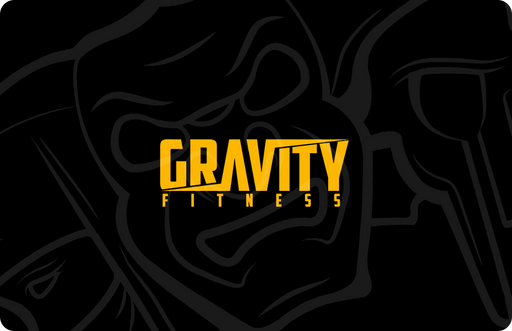Are Zero-Calorie Foods Ever a Good Idea?
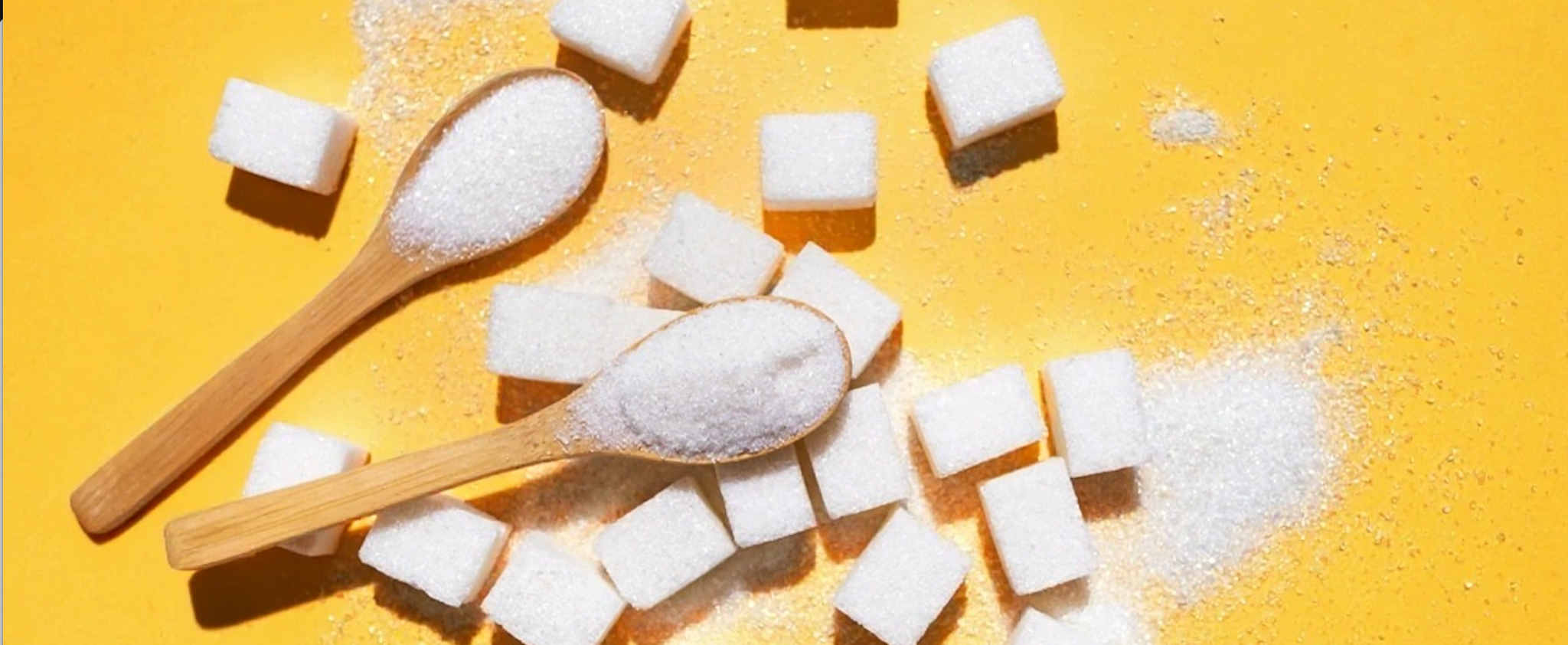
Are Zero-Calorie Foods Ever a Good Idea?
Zero calories sounds too good to be true, and in many cases it is. From sugar-free drinks to zero-calorie sauces, low- and no-cal foods are everywhere. They promise flavour without compromise, giving you the option to enjoy all the foods you love without needing to think about calorie intake.
But like so many trends in health and fitness, it’s more complicated than it first appears. Let’s take a look at what zero-cal foods are, why they exist, and how (or if) they can fit into a healthy relationship with nutrition.
When Did Zero-Calorie Foods Become Popular?
In the UK, zero-calorie products started to boom in the 2000s, around the same time bodybuilding and physique training got big and gym culture really became mainstream. This was also the same time as diet drinks started to be everywhere, and the low-fat food fears started to give way to sugar-free.
Then calorie-tracking apps came out, smartphones were able to scan food labels, and everything converged into a hyperawareness of calories at the expense of the bigger picture.
As awareness around sugar consumption grew, food brands responded. Sweeteners like sucralose, aspartame, and stevia started appearing in everything from yoghurts to syrups.
Suddenly, body composition wasn’t just about calories in vs. out, it was about maximising your enjoyment of food whilst minimising the actual energy you were taking in. (Hands up who else remembers the flexible dieting/IIFYM trend being massive!)
Today, zero-calorie products are still around, in the fitness scene but also in mainstream food. The question is, are they helping people eat and live better?
The Pros and Cons of Zero-Calorie Foods
Like most things in nutrition, it’s not black and white. There are some upsides to some of these products, but also real downsides if they’re used the wrong way.
Pros:
-
Help with calorie control when used in moderation.
-
Allow flexibility to enjoy certain flavours without extra energy intake.
-
May support adherence by reducing cravings or providing options.
Cons:
-
They’re a shortcut, not a source of nutrition.
-
Can lead to over-reliance and distorted taste preferences.
-
May encourage disordered eating or obsession with calorie counts.
-
Some artificial sweeteners can cause gut discomfort or bloating.
Why Would You Use Zero-Calorie Foods?
For many people, zero-cal products are a practical tool. Maybe you’re in a calorie deficit, tracking your intake, or trying to make changes without a massive lifestyle overhaul. A zero-cal sauce or drink can make things easier. Others might enjoy the flavour of a sugar-free drink more than plain water.
There’s nothing inherently wrong with that. The issue starts when these products replace real foods or when you rely on them to blunt your hunger or side-step some emotional eating. Basically, if you start being anxious about eating food that’s got calories in it, then the zero-cal stuff is doing more harm than good.
When Can Zero-Calorie Foods Be Useful?
-
During a body recomp phase – small calorie savings can help you stay consistent without feeling deprived.
-
To support hydration – if zero-cal drinks help you drink more water, that’s a win.
-
For flavour variety – adding a low-cal sweetener or sauce to nutritious meals can make healthy eating easier to maintain.
When Can Zero-Calorie Foods Be Bad For You?
Problems start when “zero” becomes a mindset and you get stuck in the idea that calories are bad (or that anything without them must be good).
If you’re constantly avoiding full-calorie foods, start to fear certain foods, under-fuel your training, or prioritise diet versions over real nourishment, it’s time to take a step back. Health is about fuelling your body, not about the smallest possible energy intake.
How to Know Whether Zero-Calorie Foods Are OK for You
If your reason is functional (to manage your calorie intake, because you like the taste, because it helps you build better habits like drinking more water) then that’s fine.
If your reason is emotional (you’re worried about eating too many calories, you don’t trust yourself around certain foods, or feel guilty about foods) then it’s a warning sign.
It’s also worth noticing how you feel physically after zero-cal foods. Do they leave you bloated or craving more?
Zero-Calorie Foods to Avoid
Not all zero-cal foods are equal. Some are better left on the shelf. You might want to avoid 1-cal cooking sprays, drinks with sugar alcohols, and syrups and sauces (it’s easy to overdo the amount you use). If it doesn’t make you feel good, or you’d rather not put the ingredients in your body, it’s your choice not to buy it.
Ultimately, the goal is balance. Some zero-calorie products here and there won’t hurt you. But the base of your diet should be wholefoods, real nutrients, and enough fuel to support your training and lifestyle.
Zero-calorie foods aren’t the enemy, but they’re not a shortcut to health either. We like to train hard, fuel well, and live life to the full. Health isn’t about chasing extremes, and that means extreme lows (like zeros!). Stay healthy and make the best choices for your goals.















